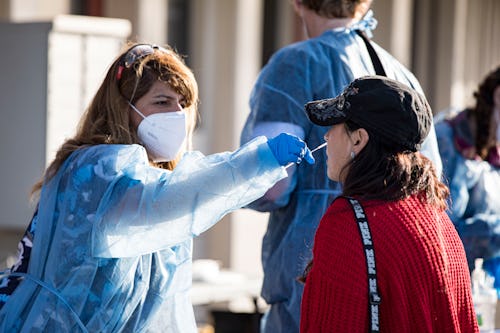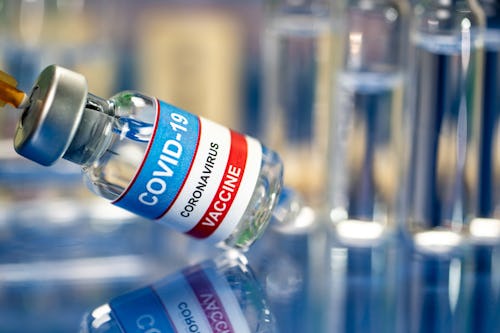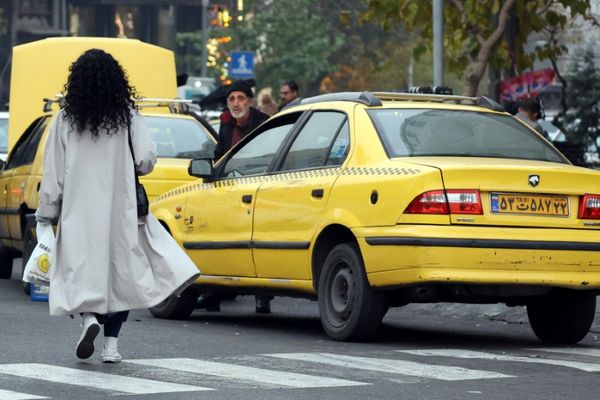
A new investigation from Motherboard published earlier today reveals the Centers for Disease Control paid roughly $420,000 to a controversial, Peter Thiel-backed, data broker for a 12-month data subscription that helped monitor Americans’ movements during quarantine. Although it’s completely conceivable that this kind of anonymized personal information is extremely useful to track vaccine distribution, response efforts, and overall community adherence to public health guidance, it’s still a terrible look for the CDC after months’ of bad faith attacks courtesy of rightwing media pundits, antivaxxers, and QAnon cultists.
There’s really no great way to spin this one, unfortunately. If anything, it will only push skeptics and those susceptible to misinformation further down the rabbit hole. We’re not saying this kind of data is vital to combatting the (still ongoing) pandemic, but there’s got to be a less shady way to go about it all, right?
Or, at the very least, one that doesn’t explicitly surveil “the effectiveness of public policy on [the] Navajo Nation.”

A problematically broad approach —
According to analysis from cybersecurity researchers, the CDC’s request and subsequent purchase of SafeGraph’s data troves could aid vastly broader projects than just those related to the pandemic. “The CDC seems to have purposefully created an open-ended list of use cases, which included monitoring curfews, neighbor to neighbor visits, visits to churches, schools and pharmacies, and also a variety of analysis with this data specifically focused on ‘violence,’” one researcher explains in the Motherboard dive.
Then there’s the fact that the company employed by the CDC is notably problematic — so much so that Google banned all apps using SafeGraph back in June of last year.
It’s one thing to employ this kind of data analysis to improve public health during crises like COVID-19, but there has to be a better and more transparent process of obtaining this kind of information — especially when misinformation and general skepticism of the CDC are already at a fever pitch.







